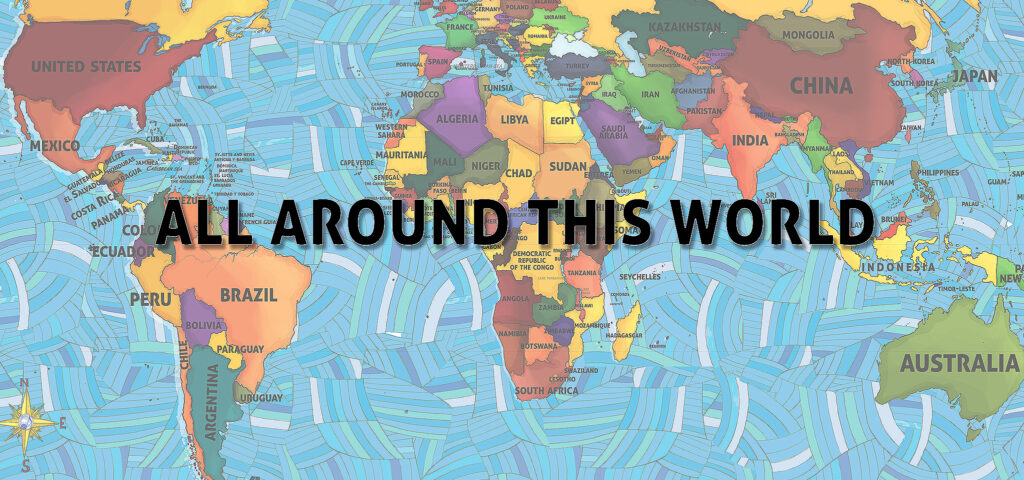We end our jazzy week in the jazziest of all jazzy nations — Japan. Jazz became popular in Japan as early as the 1920’s. While Imperial Japan was wary of Western music, especially in the years before and during World War II, when American soldiers occupied Japan starting in the mid 1940s, Japanese musicians were quick to embrace the form. Today “J-Jazz” is so popular that some jazz watchers claim Japan has the more jazz fans than the U.S. Take that, America!
Glad to have had the chance to be jazzy with you this week. Next week we really get down to business with a week full of “work songs.”


